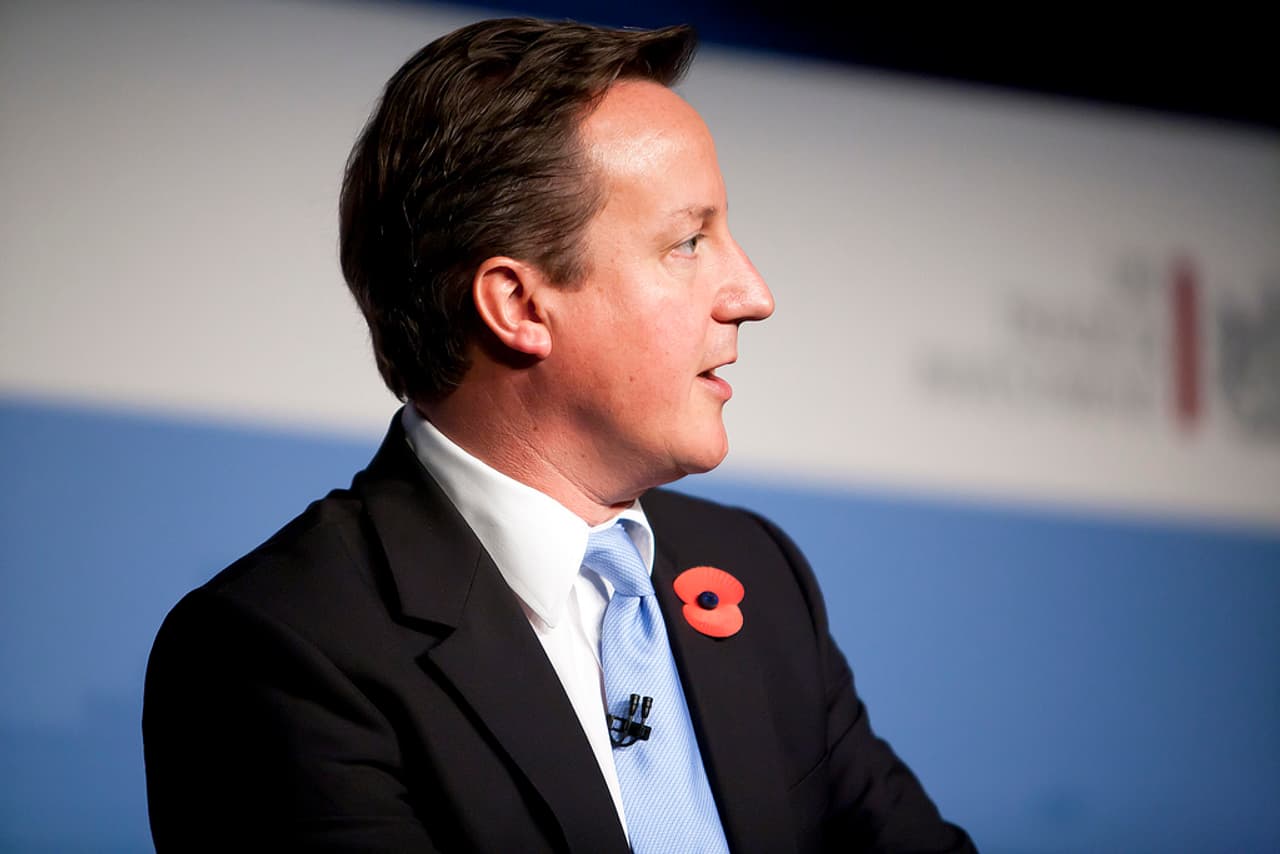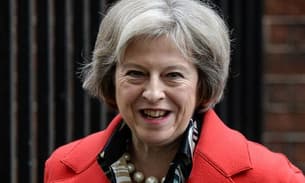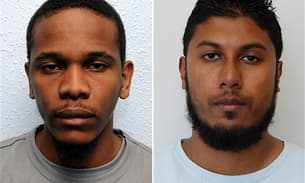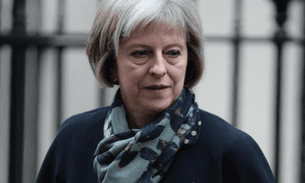
Cameron poised to unveil powers making it “easier to take people’s passports away”
British Prime Minister, David Cameron (Department for Business, Innovation and Skills via Flickr)
David Cameron will make a statement to the House of Commons later today on proposals for new legislation which will “make it easier to take people’s passports away“.
This comes after a fortnight during which senior Tory, Labour and UKIP figures, as well as the Met police commissioner and the former Archbishop of Canterbury, spoke in favour of increasing the government’s ability to remove the passports of those with British citizenship who go abroad to fight with extremist groups.
On August 19 a video released online by the Islamic State (IS) showed American journalist James Foley apparently being beheaded by an IS fighter with a British accent.
At a press conference last Friday David Cameron said IS posed a ‘greater and deeper threat’ to the security of the UK than had been known before. On the recommendation of MI5’s Joint Terrorism Analysis Centre (JTAC) the terror threat level for the UK was raised from ‘substantial’ to ‘severe’ last week.
Writing in the Telegraph, home secretary Theresa May said the Government must ‘give ourselves all the legal powers we need to prevail’ against extremist ideologies. May added that she would look at banning orders for extremist groups where the legal threshold for terrorism is not met, as well as new civil powers to target extremists seeking to radicalise others.
In May this year the House of Lords voted through a new clause to the Immigration Bill, removing the restriction on making people stateless. The Bureau previously reported on opposition, from prominent members of the House of Lords, to plans to expand the home secretary’s controversial citizenship-stripping powers.
London mayor Boris Johnson said that for the ‘more serious risks’ control orders should be brought back immediately. He also called for a “rebuttable presumption”, whereby all those travelling to Syria and Iraq would be ‘presumed guilty until proven innocent’ of terrorist activities.
This has been met with divided responses. Former MI6 counter-terrorism chief Richard Barrett said: “This fundamental tenet of British justice should not be changed even in a minor way for this unproven threat’, which former attorney general Dominic Grieve agreed with, labelling Johnson’s suggestion ‘draconian‘.
Dr Helena Wray, an immigration law specialist from Middlesex University, told the Bureau, “To put people in the position where they may have to prove something negatively in order to maintain their citizenship is fundamentally unfair, and I also think it’s flawed legally”.
“They [the government] would also be in trouble under international law if they reverse the burden of proof because I don’t think they would then meet the requirement under the conventions on statelessness,” she said.
However, Labour MP and member of the Intelligence and Security Committee Hazel Blears agreed with the London mayor on reinstating control orders, saying that the Liberal Democrats made a ‘major strategic error’ in pushing for the Coalition government to remove them. Control orders were used to limit the movement of suspected terrorists following the London bombings in 2005.
Wray recalls that control orders were changed because the terms were found to be so serious that they breached article eight of the Human Rights Act (1998). When it comes to stripping people of their citizenship, she says the government is “already skating close to the edge with the existing law”.
A Bureau investigation previously found that since 2002, 53 people have been stripped of their British citizenship, with 48 of those cases occurring under the Coalition government. There are two grounds on which the British government can strip a persons citizenship: if they are deemed not conducive to the public good, or if a person is deemed to have gained British citizenship fraudulently. Being deemed ‘not conducive to the public good’ relates to national security and counter-terrorism measures, and it was on this ground that at least 28 of the 53 people were stripped of their citizenship.
Until May this year, the home secretary could only remove someone’s citizenship if it didn’t make them stateless. Under the new clause in the Immigration bill, that restriction was removed. As long as the person is question is a naturalised British citizen – not British-born – they can be stripped of their citizenship even if it makes them stateless.
Shadow home secretary Yvette Cooper said yesterday she also thought control orders should be reintroduced. Met police commissioner Sir Bernard Hogan-Howe previously said ‘something like’ control orders were needed again, while also saying he would back a call to seize passports from jihadists.
Wray says that taking away someones citizenship is not only an act against them as an individual but an act against the state you are “essentially dumping them in, just because they happen to be there”.
“There is a very strong argument that under international law you would have to take that person back even if you had removed their citizenship. You can’t just simply wash your hands of the problem by saying ‘oh we’ve taken away their citizenship'”, she said.




